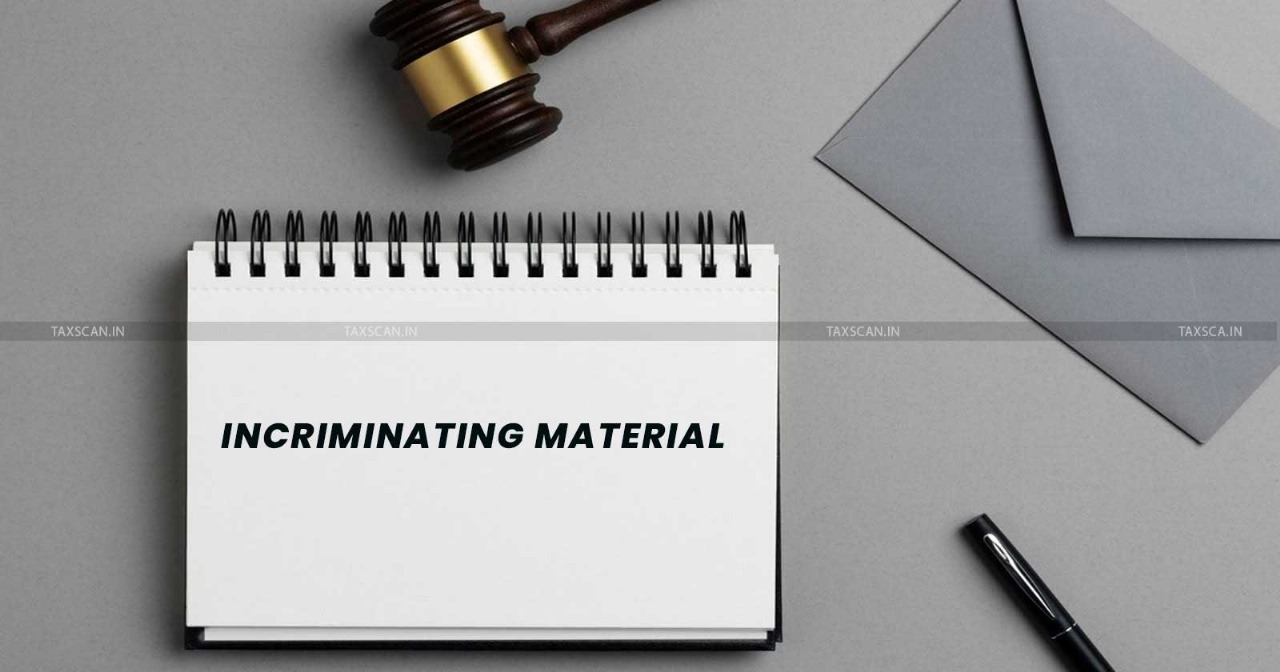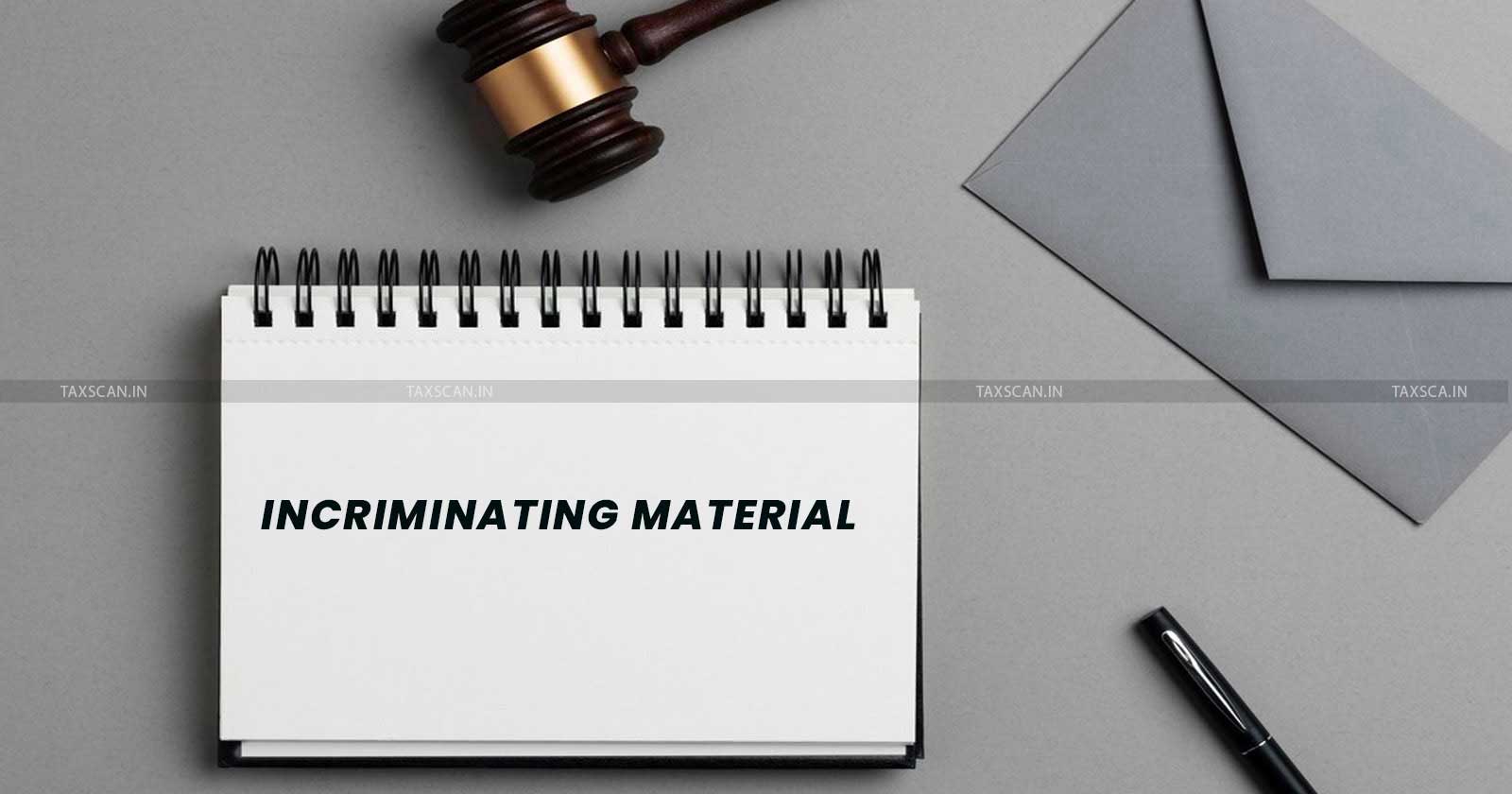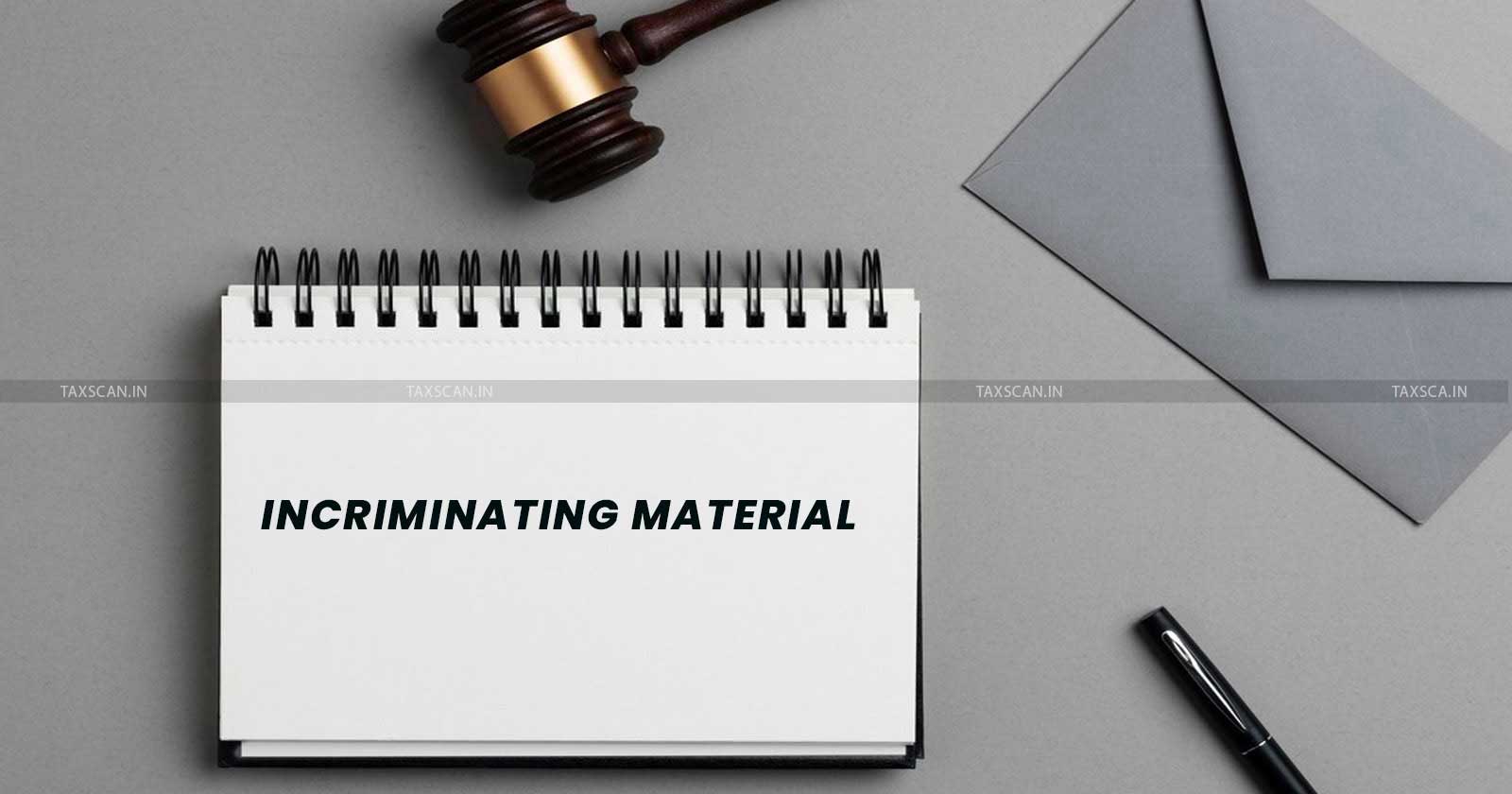Additions u/s 153A for Unabated Years Set Aside in Absence of Incriminating Material: ITAT Remands as Assessee was under Judicial Custody [Read Order]
ITAT set aside additions under Section 153A due to the absence of incriminating material, and remanded for fresh adjudication as the assessee couldn't respond as in judicial custody
![Additions u/s 153A for Unabated Years Set Aside in Absence of Incriminating Material: ITAT Remands as Assessee was under Judicial Custody [Read Order] Additions u/s 153A for Unabated Years Set Aside in Absence of Incriminating Material: ITAT Remands as Assessee was under Judicial Custody [Read Order]](https://images.taxscan.in/h-upload/2025/07/16/2064489-judicial-custody-incriminating-material-itat-remands-taxscan.webp)
The ITAT Hyderabad Bench of the Income Tax Appellate Tribunal (ITAT) has set aside additions made under Section 153A of the Income Tax Act, 1961 for Assessment Years (AYs) 2017-18 and 2018-19, noting that the assessee could not respond due to being in judicial custody.
The tribunal ruled that in the absence of any incriminating material found during the requisition under Section 132A of the Act, additions in respect of unabated assessments are not sustainable in law.
 Also Read:No Addition u/s 153A for Completed Assessments without Incriminating Material Found During Search: ITAT [Read Order]
Also Read:No Addition u/s 153A for Completed Assessments without Incriminating Material Found During Search: ITAT [Read Order]
The appellant-assessee Sanjay Awathare,is an individual deriving income from a partnership firm named M/s Mahalakshmi Corporation and had filed their returns for AY 2017–18 and 2018–19.
The police authorities intercepted the appellant and seized cash of ₹1.20 crore. The Department issued a requisition under Section 132A for the seized cash and initiated proceedings under Section 153A of the Act, and in response, the assessee filed returns admitting the same income as declared in the original return of income.
The Assessing Officer (AO) made additions under Section 68, read with Section 115BBE of the Act, based on credit entries in the assessee’s bank accounts, without relying on any incriminating material found during the requisition.
 Also Read:Presence of Incriminating Material on Record: ITAT Upholds Income Tax Proceedings U/s 153A [Read Order]
Also Read:Presence of Incriminating Material on Record: ITAT Upholds Income Tax Proceedings U/s 153A [Read Order]
The Tribunal noted that the assessments for AYs 2017–18 and 2018–19 were not pending as on the date of requisition, and thus did not abate. The tribunal, on the Supreme Court’s decision in Pr. CIT v. Abhisar Buildwell (P) Ltd. (2023) held that no additions can be made under Section 153A for unabated assessments in the absence of incriminating material.
The Tribunal observed that the assessee had remained in judicial custody throughout the assessment and appeal proceedings, including after a previous remand, and was therefore unable to furnish any explanation or supporting evidence for the credits and deposits.
The assessee pleaded that many of the bank credits were business receipts received through RTGS/NEFT modes of transfer, and that cash withdrawals from the account could explain the cash deposits.
The Tribunal held that the matter required re-examination as there was no such evidence placed on record
 Also Read:Proceedings u/s 153C of Income Tax Act cannot be Initiated in Absence of Incriminating Material: Delhi HC [Read Order]
Also Read:Proceedings u/s 153C of Income Tax Act cannot be Initiated in Absence of Incriminating Material: Delhi HC [Read Order]
The bench comprising Vijay Pal Rao (Vice President) and Manjunatha G (Accountant Member) remanded the issues to the AO for fresh adjudication, after allowing the assessee to submit supporting documents and explain the source of the bank entries.
The appellant was represented by A.V. Raghuram, while Srinath Sadanala represented the department.
Support our journalism by subscribing to Taxscan premium. Follow us on Telegram for quick updates


